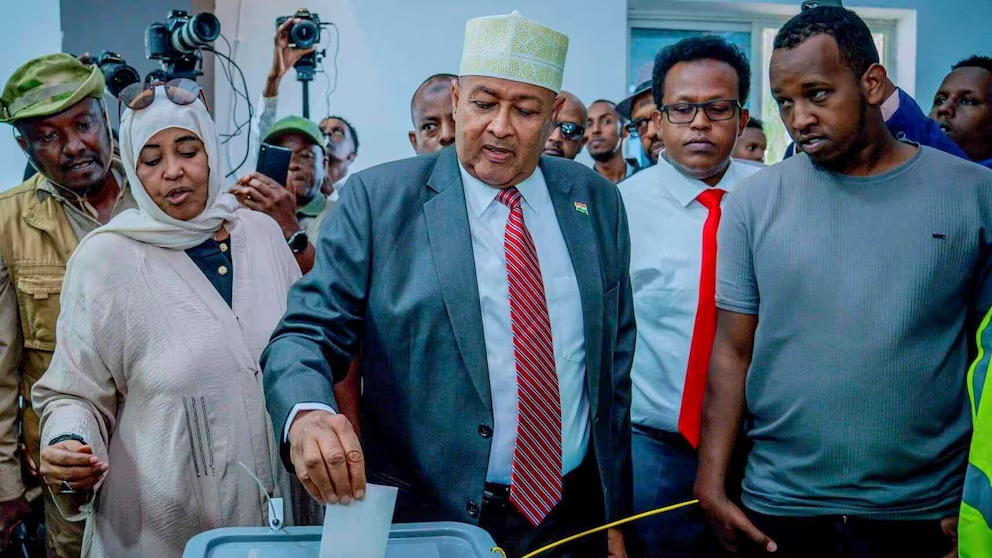Somtuna – A Sustainable Export-driven Venture for Somaliland Economy
The Horn of Africa is poised to benefit from a surge in blue economy investments, as regional and international players turn their attention to the vast, under exploited potential of the area’s coastal waters.
Continue reading “Somtuna – A Sustainable Export-driven Venture for Somaliland Economy”














You must be logged in to post a comment.